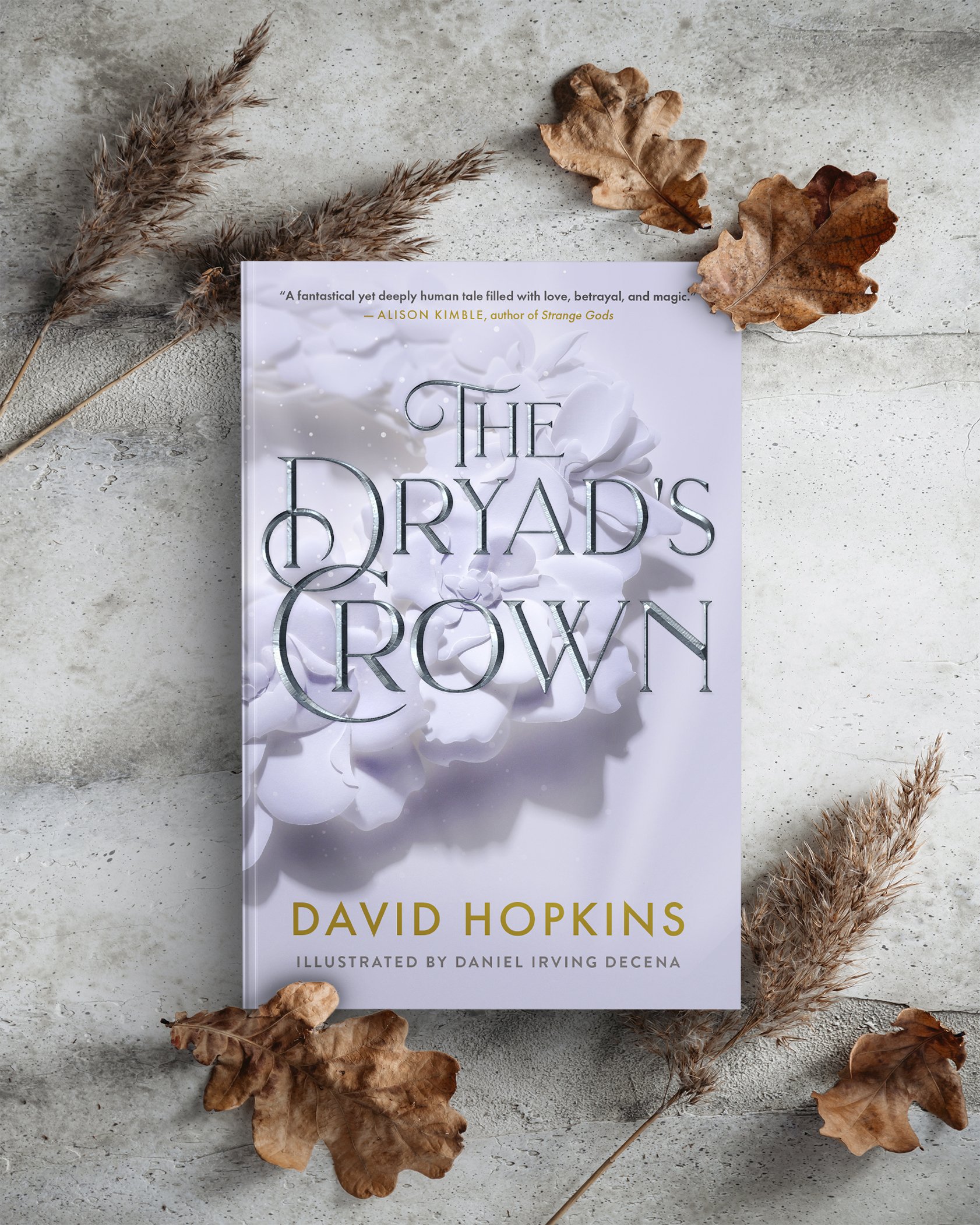A few months ago, a student from the University of Rochester in New York contacted me. She was taking an English class on adaptations. Part of her research paper included the adaptation of Antigone that I created along with Tom Kurzanski. (The comic is available online in its entirety. Go to my published work page and scroll down. It’s there, all 32 pages.) From her email:
I love your adaptation; I especially love seeing Antigone's power shown so blatantly. In looking at your other works, it seems that female characters take a large role. In your Antigone, female power seems to be a very central part of how you tell the story. I was just wondering if you had any thoughts about this. Was portraying feminism in Antigone your intention? Was this theme of power used in order to strengthen the plot in any way, or was it more of a message in itself?
My response:
Obviously, debating the definition of what makes something "feminist" is almost as old as the movement itself. I consider myself a feminist, and I try to incorporate ideas about gender and power into my work. I see Antigone as a powerful character -- in part -- as a function of Greek dualism. The obvious counter example would be her sister Ismene. However, I see Creon as the true weak one. His desperation to hold onto his political power has weakened him. He pretends to not care about the will of the people, but it's clear that he does care. He's a bully who hides behind his authority, whereas Antigone's power comes from her own conviction of right and wrong and the will of the gods. I see Antigone as a character who, through no fault of her own, is constantly challenging people on their own convictions. That's why I had Antigone kiss her sister in the opening scene. It was her way of forcing the issue of their incest origins. It was a power play, and a rather cruel one.
The concept of "power" is omnipresent in the play, and hopefully in the comic as well. Military power. Political power. The influence of family. Love. Power of fate. Violence. As a woman, Antigone feels physically weak compared to her uncle. So she has to find other ways to exert her power. Through disobedience to his law. And then, when Creon's wife commits suicide, that's the ultimate loss of power, isn't it? In the final scene, Creon acknowledges that he is powerless before the fate of the gods.
My other comics (Karma Incorporated, Emily Edison, Astronaut Dad) all touch on feminism and power, just in different ways. For instance, Karma Incorporated, ultimately, is about domestic violence. It's just disguised as a con artist/caper story.

